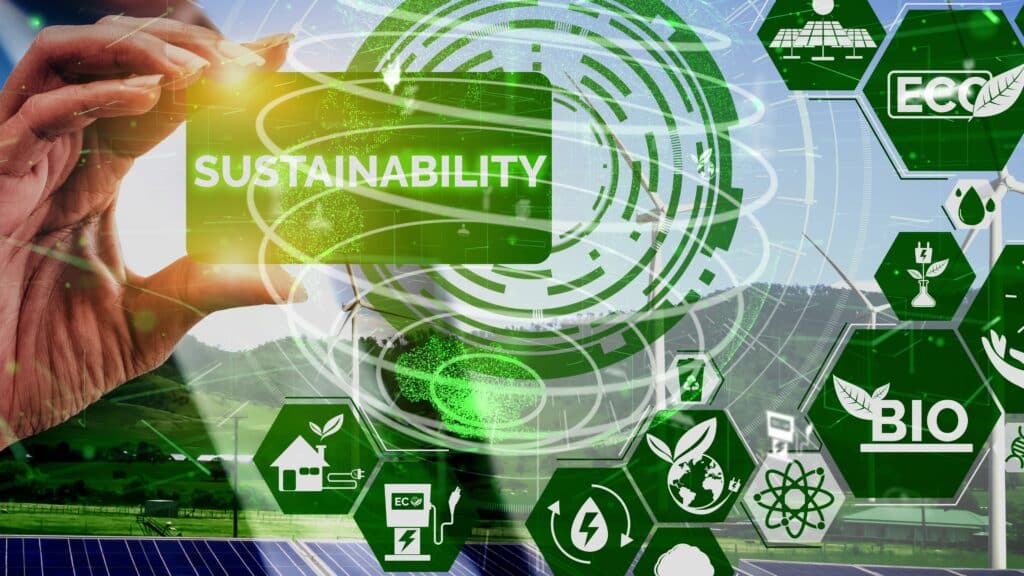The global pursuit of sustainable and eco-friendly energy solutions has led to a renewed focus on smart solar technology. Beyond its immediate benefits of generating clean electricity, smart solar has a profound environmental impact that resonates with our urgent need to address climate change and reduce carbon emissions. In this article, we will delve into the multifaceted environmental impact of smart solar, exploring its role in mitigating environmental degradation and shaping a more sustainable future.
1. Reduced Carbon Emissions
One of the most significant environmental benefits of smart solar technology is its ability to reduce carbon emissions. By generating electricity from sunlight instead of burning fossil fuels, smart solar installations drastically cut greenhouse gas emissions that contribute to global warming and climate change.
2. Air Quality Improvement
Traditional energy sources like coal and natural gas are known to release pollutants that degrade air quality and harm human health. Smart solar energy, being a clean and renewable source, produces no harmful emissions. As more communities transition to solar power, air quality improves, leading to healthier and more livable environments.
3. Conservation of Natural Resources
The extraction and use of fossil fuels take a toll on natural ecosystems. Smart solar reduces the demand for fossil fuels, conserving precious natural resources such as oil, coal, and natural gas. This conservation contributes to the preservation of ecosystems and biodiversity.
4. Water Conservation
Traditional power generation requires substantial amounts of water for cooling and other processes. Smart solar technology consumes minimal water in comparison, making it a water-efficient energy solution. In regions facing water scarcity, solar energy becomes a sustainable alternative that alleviates stress on water resources.
5. Mitigation of Environmental Degradation
The extraction of fossil fuels and the construction of traditional power plants often result in habitat destruction and environmental degradation. Smart solar installations, on the other hand, can be integrated into existing infrastructure or built on previously disturbed land, minimizing their impact on pristine environments.
6. Promotion of Sustainable Practices
The environmental impact of smart solar extends beyond energy generation. By showcasing the benefits of clean energy, solar installations inspire individuals, businesses, and communities to adopt sustainable practices in other aspects of life. This ripple effect contributes to a broader culture of environmental stewardship.
Conclusion
The environmental impact of smart solar technology is far-reaching and profound. From reducing carbon emissions and improving air quality to conserving natural resources and promoting sustainable practices, smart solar plays a pivotal role in addressing the urgent environmental challenges we face. As we harness the power of the sun to fuel our energy needs, we also nurture a more sustainable and resilient planet for current and future generations.
“Smart solar technology is a beacon of hope, illuminating a path towards a greener and more harmonious coexistence with our natural world.”
Be Smart, Be Solar, Be BrightEra!!.
Send us your information https://bit.ly/BeBrightEraEnergy

